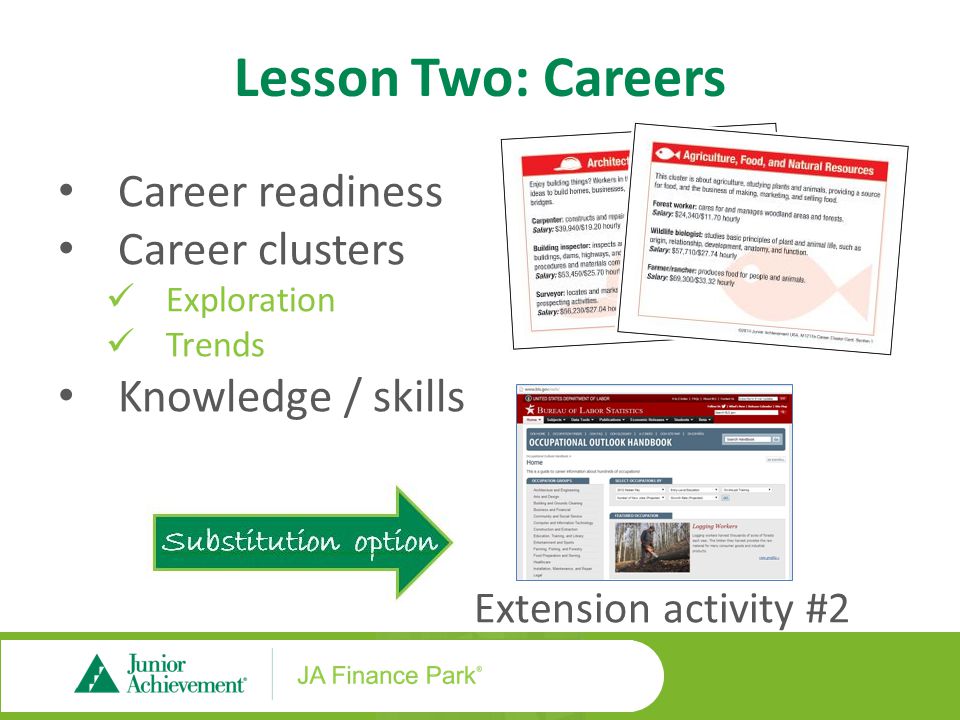Career Tips for Breaking Into Wall Street
For applicants seeking careers in finance, breaking into Wall Street can appear as likely as winning the lottery. Success demands time, dedication, and a willingness to drive your game to the next level. The next three approaches provide the potential to accelerate your career transition, bolster your résume, and supply an advantage over the competition in a competitive job environment.

Pros seeking employment in a fund may contemplate the Chartered Financial Analyst (CFA) or Certified Financial Planner (CFP) designations. Other market credentials include the Accredited Hedge Fund Professional (CHP) or Chartered Alternative Investment Analyst (CAIA). These programs come with access to such associations as the CFA Institute, the CFP Board, The Hedge Fund Group, and the CAIA Association, Together with networking opportunities through events, LinkedIn classes, and education applications. They're also able to provide a greater level of authenticity in the market, and in business as a determined, dedicated professional. The CFA is a good selection for many professionals, but particularly useful for new graduates trying to gain an early-career advantage over the competition.

Many professions in finance require or strongly prefer an MBA, which can open doorways on Wall Street. Bulge bracket companies scout for leading candidates from University of Pennsylvania's Wharton School of Business, New York University's Stern School of Business, Columbia Business School (places almost half of its graduates in financial services), University of Michigan (Ross), as well as other leading MBA programs. This is an exceptional solution for anyone looking to make a career change out of a corporate setting into Wall Street my response.
Seminars, Classes, and Workshops - First Measures to Careers in Finance
Not prepared to start to a specialist designation or MBA? Seminars, courses, and workshops can arm you with new abilities, recent résumé articles, and brand new industry contacts that might afterward receive your foot in the doorway. Think about taking courses in accounting, corporate finance, financial statements, valuation, mergers and acquisitions, portfolio management, economics, capital markets, derivatives, foreign exchange, equities, fixed Income, and other finance related topics. These can show initiative and might go for an eventual MBA.

None of these approaches are quick fixes, but they will move you closer to landing a position and launching a career on Wall Street. The key to making these plans work is dedication, of which you may need plenty to be successful on Wall Street.
Laurie DeSalvo, CFA, CPRW, President, L.D. Composing & Résumes
